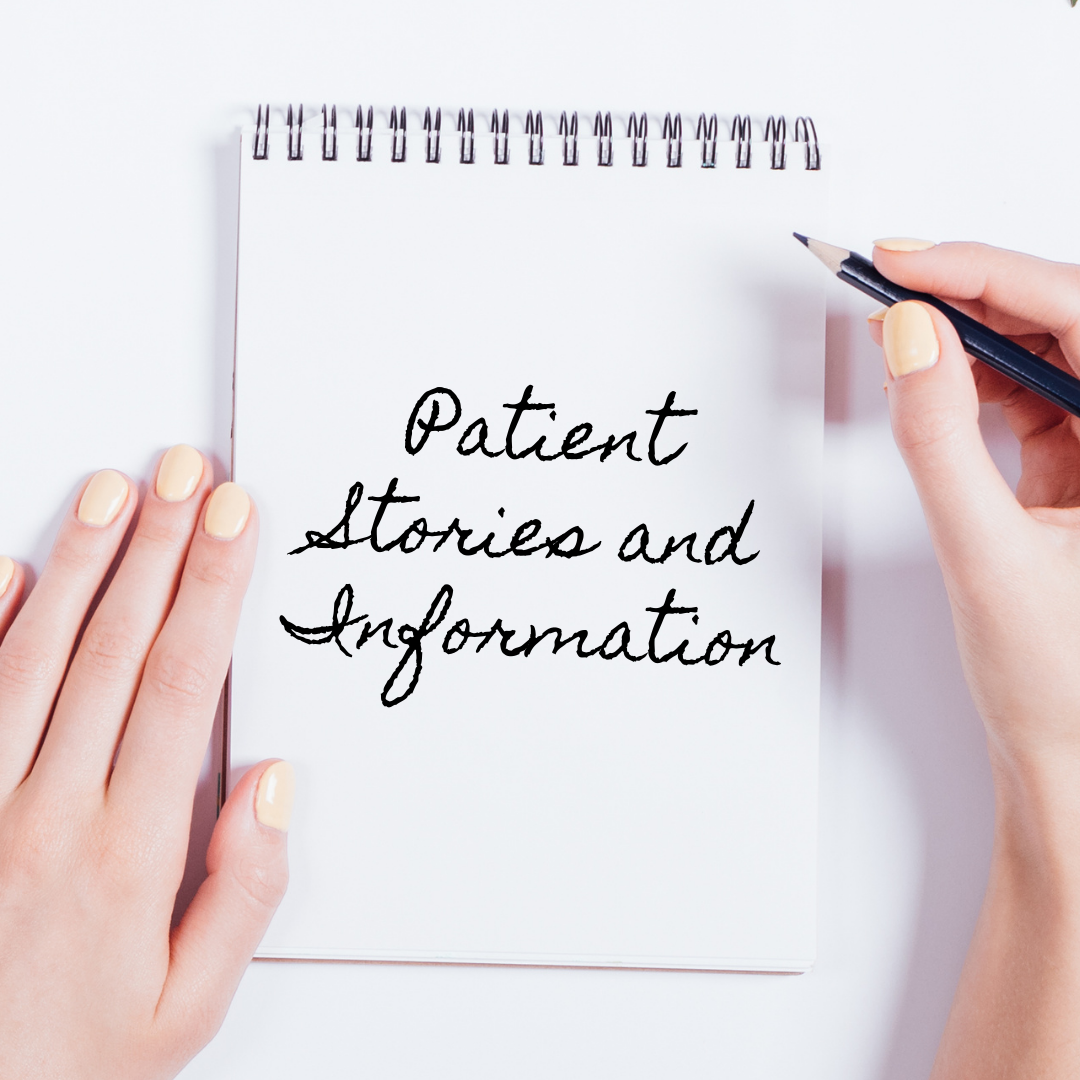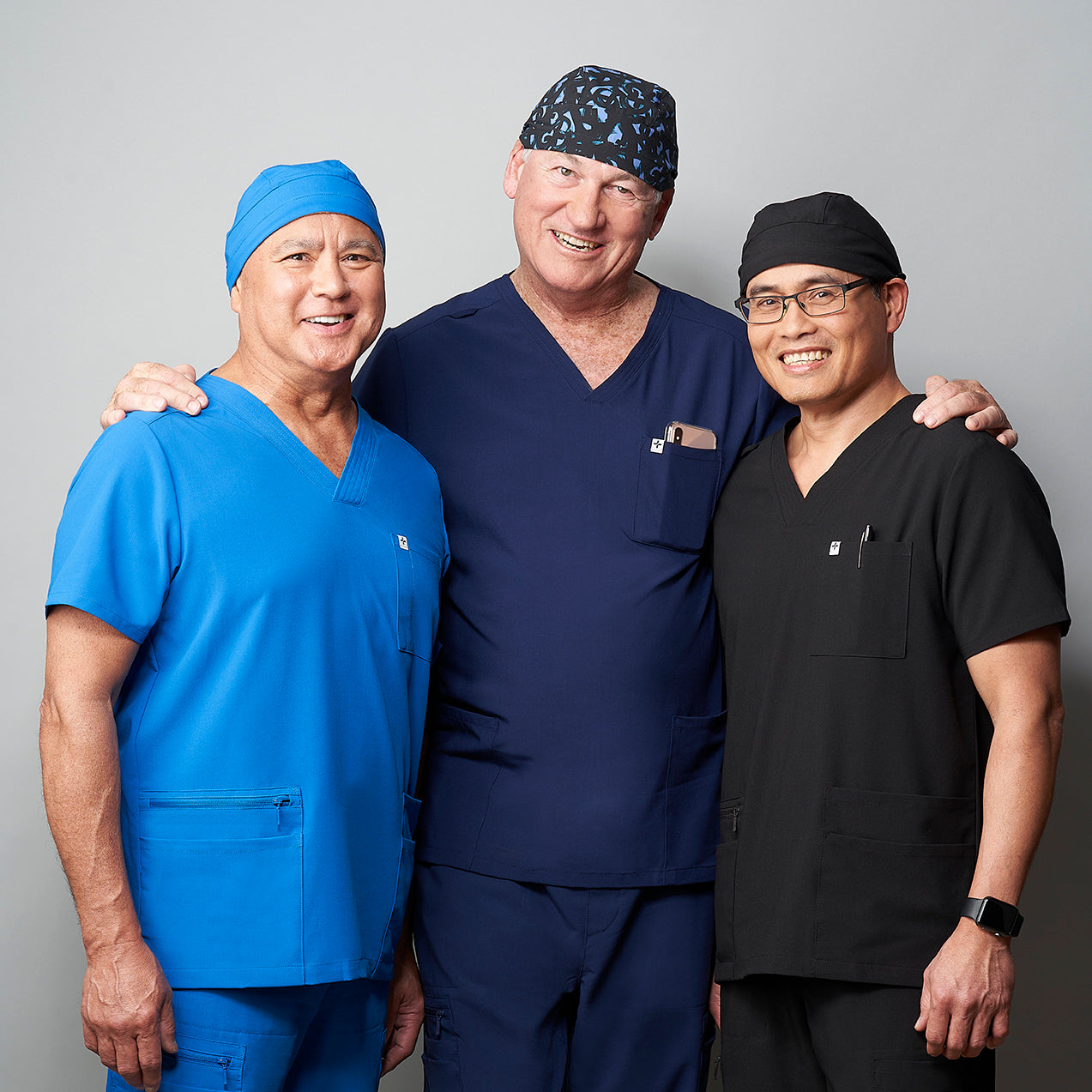
About The Author: Holly Fowler is a Certified Health Coach and Personal Trainer in Los Angeles. She loves hiking, spending time at the beach, trying the latest gluten-free hot spot in town, and working out as much as her Ulcerative Colitis allows. When she isn’t seeking out gluten-free vegan dessert, you can find her working behind the scenes of her website and Instagram, or curled up on the couch bingeing the latest true-crime documentary on Netflix.
Introduction
I was diagnosed with Ulcerative Colitis at the age of 19, the summer after my freshman year of college. Growing up, I’ve always had stomach issues. I remember my mom always carried Lactaid pills with us whenever we went on trips to accommodate my needs (it was 1995 and there was no such thing as gluten or dairy-free–hello, dark ages!)
My Early Symptoms
When I was in the third grade, my parents took me to a children’s hospital for testing that would help us better understand my stomach issues. We found out that I was lactose intolerant which changed most of my childhood. I went without ice cream, milk chocolate, and anything else delicious with dairy. Eventually, my intolerance for lactose subsided and I was able to eat dairy again - until I was 19.
In 2008, I was 19 years old and went home for summer break after my freshman year of college. It was Memorial Day and my dad made the delicious burgers and homemade ice cream. My stomach had already been upset that day, so I purchased Lactaid to soothe my stomach. Also, Lord knows I was NOT going to miss out on that homemade ice cream.
That was the last meal I ate for the next two weeks. I had, what I thought was, the worst stomach bug I’ve ever experienced. I couldn’t eat, drink, or keep anything down. I was rushing to the bathroom at all hours of the day and becoming weaker as time passed. One night, my mom found me asleep in the hallway between my bedroom and the bathroom because I was too weak to make it back to my bed.
Getting Diagnosed With Ulcerative Colitis
We went to multiple doctors and they all send me home with an antacid or told me to “just drink plenty of fluids and rest.” Eventually, I was admitted to the hospital for testing and fluids due to extreme dehydration. Once I was admitted, I was assigned an amazing gastroenterologist who also diagnosed my dad with Crohn’s Disease a few years prior. I feel extremely lucky for this coincidence–and also for living in a small town with a limited number of gastroenterologists–because this accelerated my diagnosis. He knew the family history and knew what he was looking for.
Within 3 days of my hospitalization, I had a shiny new diagnosis of Ulcerative Colitis, an autoimmune disease that affects the lining of the large intestine. What did this mean? Was my life over as I knew it? Was I going to be bedridden at the age of 19? I had so many questions and my head was spinning.
My primary question was, “do I have to change my diet or anything about my lifestyle?” My doctor replied, “as long as you take this medication, you can eat and do whatever you want”. He was a very talented and compassionate doctor, so I know this was meant to encourage me. I was then discharged without any instructions or guidance on how to navigate a lifelong autoimmune discharge. I was completely in the dark and felt my world crashing around me. Where do I go from here?
What I Wish I Knew When I Was Diagnosed
Looking back, I would like to share the advice I would give the version of myself that was sitting in that hospital bed crying over discharge papers. I hope this helps you too if you are recently diagnosed with a chronic illness.
What You Eat Matters
Your medication is important for managing your health condition, but nutrition is equally as important. It will provide you with the nutrients your body needs to recover from a flare, and give you the energy you need to thrive in your daily life. Eating inflammatory foods may taste good at the moment, but they are not worth it for your long-term health.
Establish An All-Rounded Care Team
Your specialist is an important part of your care plan, but you also need other practitioners in your corner. A therapist is an excellent resource that can help you process your new diagnosis; a dietitian/nutritionist can help you develop a nutrition plan customized to your needs; a health coach will help you find lifestyle strategies to exercise more effectively, manage stress, and sleep better.
Find An Outlet For Managing Stress
I wish I knew how much stress affected my health. Looking back, I had an autoimmune flare surrounding every stressful event–finals week in college, work deadlines, wedding planning, etc. I would tell myself to find something that filled me up, that gave me joy and melted the stress away. That could be meditation, breath work, yoga, going for a walk, or laughing with a friend.
Life Is Still Going To Be Amazing
Yes, you have a chronic illness that has become a part of you. However, you are going to have such a spectacular life beyond your wildest dreams. You can’t have light without darkness, the good without the bad. There will be moments of frustration, tears, and sadness – but the amazing moments will far outweigh the bad.










Leave a comment (all fields required)